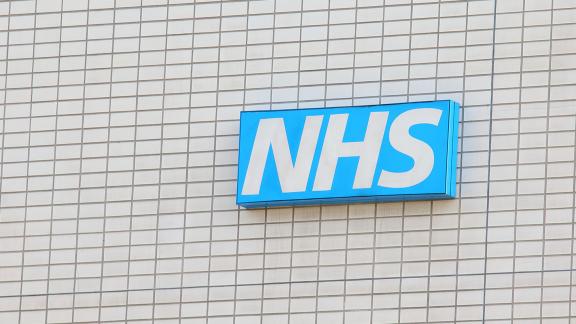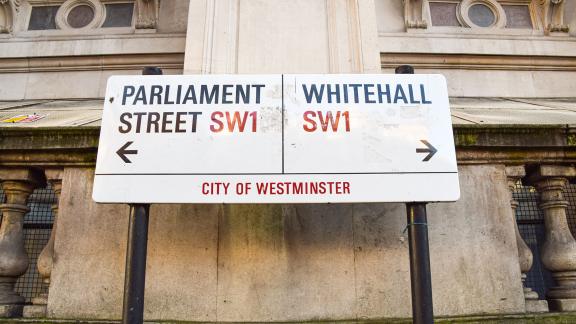Government targets to clear NHS backlogs and boost productivity left in tatters, according to the NHS Confederation and Institute for Government

Following the announcement that NHS deficits would be covered in part by raiding capital budgets, the two organisations have warned that the government must reverse course in the Autumn Statement if it wants to clear backlogs and boost productivity.
The current situation may see the NHS forced to cut its capital budgets to supplement the industrial action ‘rescue package’ – which is still short of what the NHS needs to make up lost revenue, meaning the impact on capital budgets may need to be higher.
This will mean little chance of meeting Sunak’s backlog pledge and the historically ambitious productivity target outlined in the Long Term Workforce Plan.
Capital is a key driver of productivity in all economic sectors, including healthcare, but the NHS has consistently received far less than other countries. Over the past 50 years, UK government investment in health capital has only exceeded the OECD average in two years, 2007 and 2009. But even by those low standards, the 2010s were particularly poor and had investment been kept at 2009/10 levels, £22 billion more would have been invested in health capital across the decade.
Ahead of the Autumn Statement, the Chancellor has commissioned a review of NHS productivity. But to boost it, the Chancellor should be increasing capital investment, not raiding existing capital budgets to apply sticking plasters to cover the cost of industrial action. Doing so could further damage productivity as a new report from NHS Confederation will suggest next week.
This comes at a time when the crumbling, dilapidated and often antiquated NHS estate has a repair backlog worth £10.2 billion following decades of under-investment. NHS staff do not have the equipment they need to do their jobs effectively - the NHS has only half the number of CT scanners as the OECD average.
With the backlog at a record level, existing capital funding may not be enough to maintain the estate and digital systems the NHS already has, let alone be able to transform it for the future so it can deliver a more efficient and effective service. Many local health systems have significant plans to improve their estate but cannot do so under the current funding envelope.
One NHS trust member told the NHS Confederation that it unexpectedly had a key capital scheme to boost its elective capacity cancelled at short notice. The scheme was not only vital in helping to reduce the size of the waiting list in the region, but has also resulted in millions of pounds of costs that will now need to be written off. This is in addition to thousands of hours of staff time in planning the project.
Matthew Taylor, chief executive of the NHS Confederation, said: “With the costs of industrial action and inflation eating into budgets, health leaders were desperate to see new money made available to plug the gap in their finances, but instead were offered the ‘robbing Peter to pay Paul’ solution of diverting money from capital budgets – again.
“There will be little chance of delivering against an increasingly unrealistic looking annual productivity target of up to 2 per cent by 2030 without protecting and increasing capital budgets, and the Chancellor – a former health secretary – must recognize this in the autumn statement. Failure to do so will be setting the NHS – and the new Secretary of State for Health and Social Care – up to fail in its recovery and transformation efforts.”
Hannah White, director of the Institute for Government, said: “Capital budgets are already far short of what is needed to repair the NHS’s estate, let alone further improve it. Any serious plan to boost NHS productivity will require sustained higher capital investment.
“Productivity in public services is heavily dependent on the condition and capacity of buildings, the availability of equipment and the efficacy of the technology available to staff. But much of the time we are expecting health leaders to deliver 21st century services with early 20th century resources, and this is severely hindering progress to reduce backlogs, and boost productivity and patient care.”
About us
We are the membership organisation that brings together, supports and speaks for the whole healthcare system in England, Wales and Northern Ireland. The members we represent employ 1.5 million staff, care for more than 1 million patients a day and control £150 billion of public expenditure. We promote collaboration and partnership working as the key to improving population health, delivering high-quality care and reducing health inequalities.



